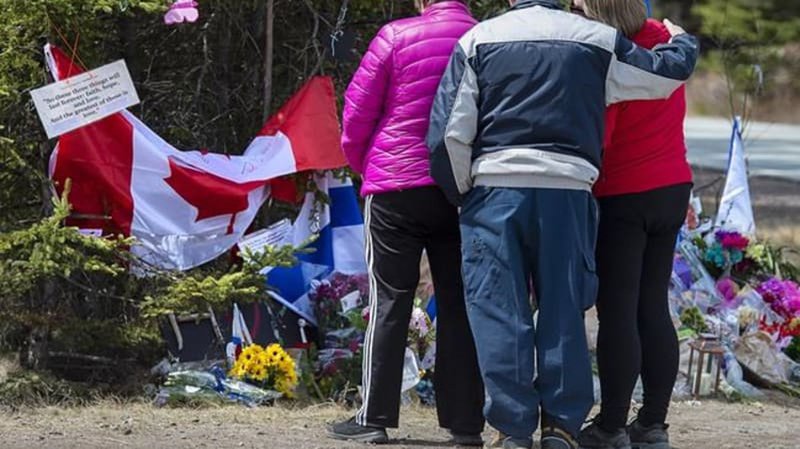
Joint federal-provincial inquiry into N.S. mass shooting a good option: top expert
HALIFAX — As pressure mounts on the federal and Nova Scotia governments to call an inquiry into one of the worst mass killings in Canadian history, the country’s leading scholar on inquiries says Ottawa and the province should do the right thing and work together on a joint inquest.
“I think that would really be the course to take,” said Ed Ratushny, a professor emeritus at the University of Ottawa’s law school.
“It would make a lot of sense for the two governments to sit down together and work out terms of reference that are complementary … and cover all the issues that have to be covered.”
Since the April 18-19 rampage that killed 22 people, calls for a public inquiry have grown — from opposition politicians, from Dalhousie University law professors and from victims’ relatives. On Sunday, the family of one victim appealed to governments to call an inquiry.


